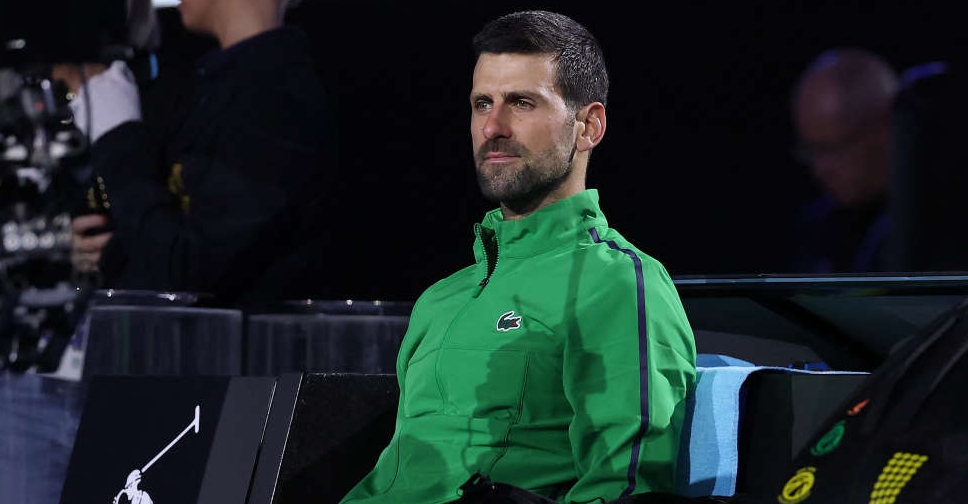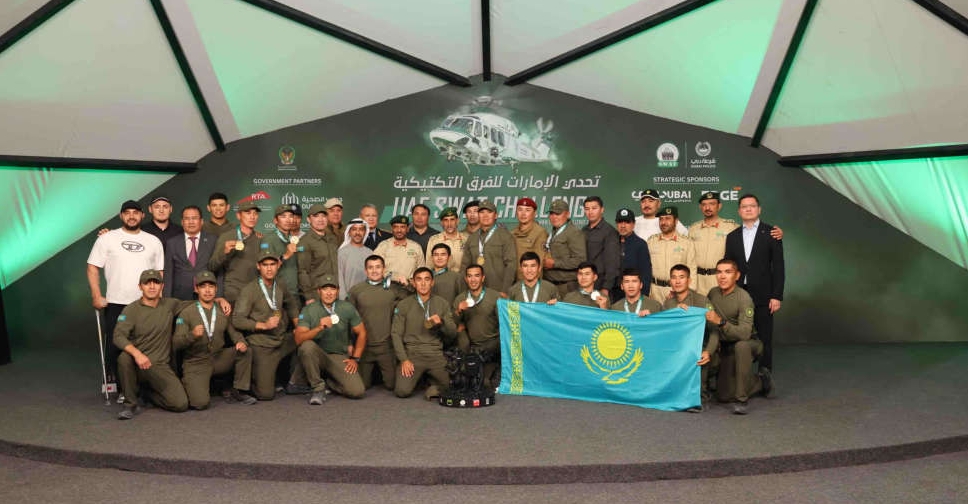
N'Golo Kante will leave Chelsea after seven years at Stamford Bridge and join Al-Ittihad as a free agent on a three-year contract.
The France international, who joined the west London outfit from Leicester City in 2016, will team up with compatriot and Ballon d'Or winner Karim Benzema at Al-Ittihad.
"Don't believe in fake news. Kante is an Ittihad player now," the club posted in a video message on Twitter.
British media reported the 32-year-old midfielder has signed a contract worth around £86 million ($109.78 million) a year.
Benzema left Real Madrid after 14 trophy-laden years and signed a two-year contract with the Saudi Arabian champions in a deal reported to be worth more than €100 million ($109.17 million).
Kante has been a mainstay at Chelsea, winning the Champions League, Premier League, Europa League and FA Cup during his time with the club.
His last season was plagued by injuries, however, as he missed 38 matches in all competitions with Chelsea struggling without him and finishing 12th in the league.
Several high-profile players have been linked with moves to Saudi Arabia in recent weeks, while Cristiano Ronaldo signed with Al-Nassr in December in a deal reported to be worth around $220 million per year.




 Messi suffers muscle strain, Miami reschedule preseason finale
Messi suffers muscle strain, Miami reschedule preseason finale
 Man City and Villa close gap on Arsenal, Liverpool edge Sunderland
Man City and Villa close gap on Arsenal, Liverpool edge Sunderland
 Djokovic withdraws from Doha with fatigue
Djokovic withdraws from Doha with fatigue
 Rutherford and Motie shine as West Indies sink England
Rutherford and Motie shine as West Indies sink England
 Australia begin T20 World Cup with win over Ireland
Australia begin T20 World Cup with win over Ireland



